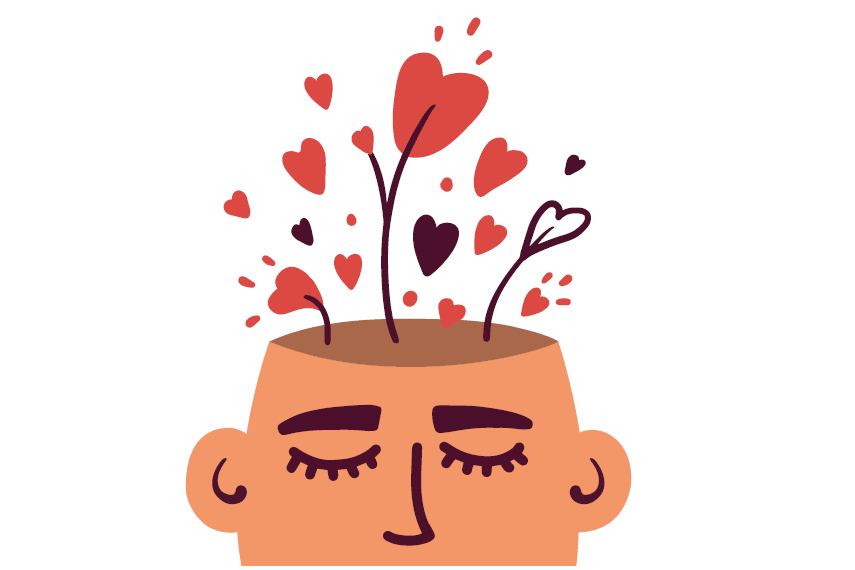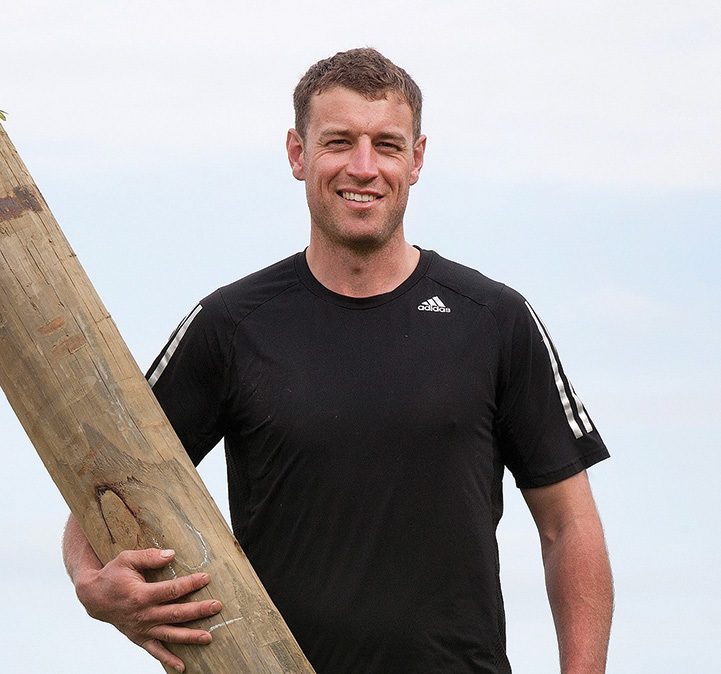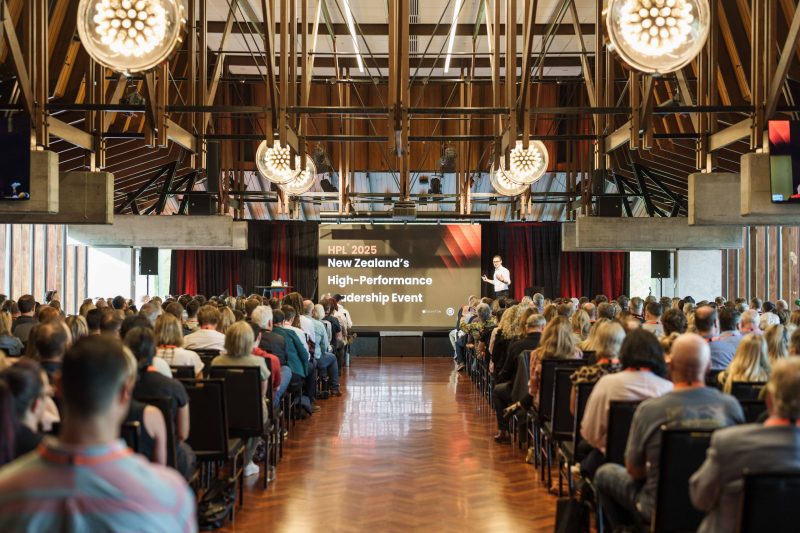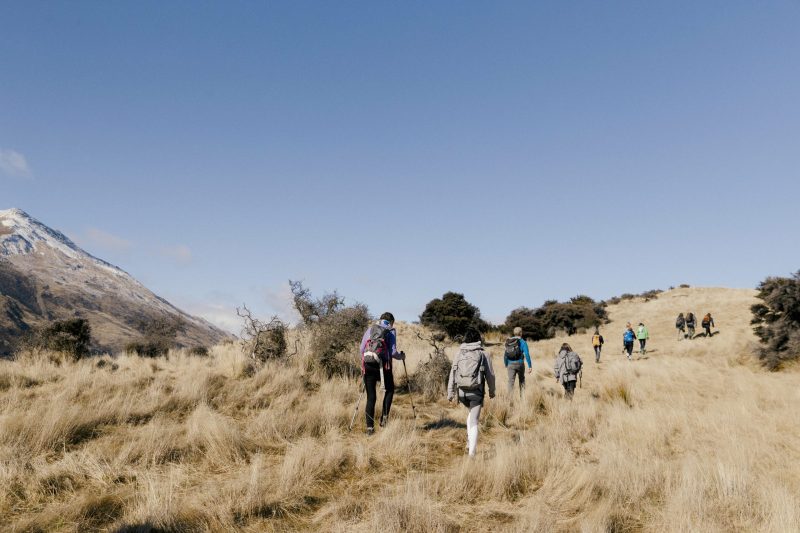Move for mental health
Taranaki dairy farmer, father, rural advocate, public speaker and personal trainer Kane Brisco established Farm Fit NZ as a fitness class for his local rural community. It has since expanded into an online community of nearly 20,000. In this Q&A, Kane spoke to Rebecca Greaves about the importance of exercise,
and some practical tips to support mental health.

Why is exercise important for your mental health?
The real essence is it’s been my tool for teaching me who I am, and who I can be. Sport and exercise, I see as a training ground for life. Push yourself into uncomfortable places, challenge yourself, compete if you’re that way inclined – it can teach you a lot of life skills. It helps you perform under pressure and stress, and learn to be calm, all those things we need to do on farm.

With boxing, the big thing I got from that was it was something to focus on 100%, so I didn’t think about the farm for two hours. It’s important to have that mental refresh and sometimes it’s the only break you get. When someone’s trying to punch you in the head, it’s a really good motivator to focus. If you’re thinking about the farm, you get beaten up a lot.
Commit to something off farm you enjoy. The mental refresh, you can’t put a value on that. It’s so good to just squeeze the farm out of your mind and focus on something entirely different. Being fit and strong helps on farm, too.
For those who struggle to fit in exercise, what other practical tips do you have to help with wellbeing?
The two common barriers I hear are lack of time, and that it’s a physical job, I don’t need to work out. If you’re not into exercise and it’s not your thing, the biggest thing you can do is focus on what you’re putting in the gas tank.
The biggest bang for buck is electrolytes. As soon as you’re dehydrated, you’ll feel way more tired and your energy levels will drop. Protein is the other one that will help you recover and feel better and stronger. They are my two performance go-tos.
Do some active stretching every day.Yoga or Pilates for 10–15 minutes will help calm you down. Have a stretch, relax the nervous system and reflect on the day; that’s what I do if I’m too busy to work out. You will feel more rested mentally and physically and as poncy as it sounds, it’s not the worst thing to do for a farmer. Are there any triggers for you, when you know you need to prioritise your mental health? How do you deal with them?
My good habits slide. Things like taking a water bottle with me and the food I eat. If I smash a packet of chocolate biscuits, that’s when I know. If I’m reaching for the sugar and watching TV instead of doing the things I should, that’s a sign I’m mentally overwhelmed.
In terms of my perspective, it’s if I’m starting to think negatively or if I lose my temper, which is less common these days as I’m getting older. Negative thinking and not having clear thoughts, when everything is muddled, that’s a sign. They are the three things I try to stay aware of.
The easiest and fastest thing to do in the moment is two or three minutes of breathing exercises. Then second comes water and quality food – trying to pick up the good habits again. Thirdly, I call it writing letters. Not journalling, but writing whatever is in your head and getting it out on paper. I have found that really powerful. I’m very poor at putting language to how I feel, so it’s a challenge. It’s powerful being able to name how you’re feeling, and for most of my life I wouldn’t have been able to do it.
Any other tips for supporting your own mental health?
I do think it is a matter of personal responsibility. Just being aware and asking yourself a couple of times a week, how are you going? We’re always asking other people, how are you? How often do we ask ourselves? So personal awareness – if you’re aware you can make decisions and take action.




